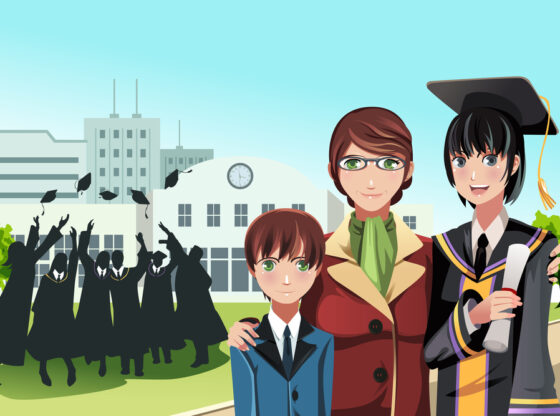The curriculum in schools around the country tends to become more rigorous with each grade level. Free time such as recess for young students is replaced with preparation for standardized testing and educational agendas. Paulette Chaffee, a children’s advocate specializing in education, says the current education structure doesn’t consider the necessity and benefits of daily recess for older students. Studies reveal that teens who partake in daily recess enhance social skills, academic performance, and increase healthy and balanced lifestyles. In this article, Chaffee highlights the advantages of incorporating free time in students’ education at all ages.
The Benefits of Recess
The concept of taking a break from structured classroom work to engage in free time has been proven to be immensely beneficial. Schools view the integration of recess for younger students as a necessity due to how well students’ focus and attention are improved when taking these unstructured intervals. According to The United Nations Office of the High Commissioner for Human Rights, engaging in play during the early stages of learning development is considered critical to a child’s well-being.
Young learners have the opportunity to boost negotiation, communication, and cooperation skills when participating in recess. Students can also practice self-control, problem-solving, conflict resolution, sharing, and perseverance. The American Academy of Pediatrics highlighted that taking valuable time away from recess for academic advancement purposes takes away from students gaining the emotional, cognitive, physical, and social benefits recess offers.
In addition to encouraging physical activity during a school day and supporting proper gross and fine motor skill development, recess opens the door to reducing stress levels through energy exertion. The National Association for the Education of Young Children even recommends unstructured play such as recess as an appropriate avenue to stress reduction.
When Recess is Reduced
Unfortunately, more schools are sacrificing recess time for academic or disciplinary purposes even before later academic years. Do schools see a difference when recess is taken away? According to a study conducted by Dr. Olga Jarrett and her team at Georgia State University’s Department of Early Childhood Education, yes. Jarrett observed the difference when recess was incorporated once a week for fourth-graders in two classes in a school district following a no-recess policy. During recess days, forty-three of those students increased their focus resulting in sixty percent of students being more productive.
Why Teens Still Need Recess
The evidence is clear that physical activity and unstructured breaks from academic work create great results for young learners. What about teens? Recess is typically discontinued after eighth grade, if not immediately after the end of elementary school. Even in middle school, the average thirty minutes to an hour of recess has been reduced to fifteen minutes. The key to why recess should not be taken away after elementary school or even middle school runs parallel with the definition of learning, which is not restricted to acquiring knowledge through a book or a teacher but rather through experiences. Students do not stop their social, emotional, or physical development after reaching their teenage years, so why stop the unstructured experiences that further develop such essential skills?
When a group of high school students from southwestern Michigan schools was asked if recess would be beneficial during their school hours, they shared the need for a break like recess. The students stated that a longer than thirty-minute lunch break would be an outlet for stress reduction during a hectic high school day. Just as people never stop learning through experiences, stress management is a continuous learning journey that recess for teens can positively contribute to during school days.
About Paulette Chaffee
Paulette Chaffee is a teacher, speech therapist, and attorney deeply involved in the Fullerton community. As an educator and member of various non-profit boards, her focus has always been on providing children with the highest quality education. Ms. Chaffee holds bachelor’s and master’s degrees from the University of Redlands, a California Lifetime Teaching Credential, and is admitted to the California Bar.











